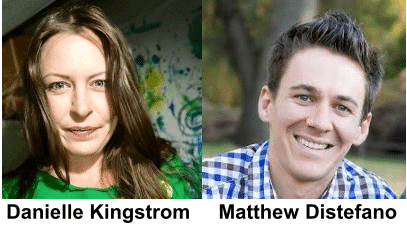Relationships
Lindsey Paris-Lopez explains how her atheist father ultimately helps her appreciate the Trinity, God as an eternal dance of love.
Two plays running simultaneously in Chicago brilliantly illustrated what René Girard called interdividuality, how other people shape who we are and become.
Adam Ericksen sat down with Danielle Kingstrom and Matthew Distefano to discuss their upcoming book, “Naked and Known”, which explores deepening the love and trust in committed relationships.
Bruce Norris’ “problem” play questioning society’s post-incarceration treat of sex offenders is discussed by Loyola University Chicago Professor Emeritus and Raven Foundation Board Member Andrew McKenna and Maura Junius, Raven Foundation Marketing Director.
Suzanne Ross continues the introduction to Mimetic Theory by examining how scapegoating brings about unity and certainty of goodness.
Suzanne Ross continues the introduction to Mimetic Theory by examining peer pressure, its source, its consequences, and what God offers in those moments.
Suzanne Ross explains how our desires are created by models and not just the models who appear in ads. The good news is we can choose our models.
Human beings are mimetic or imitative. While this might be thought of as bad, it’s how we learn and understand one another, Suzanne Ross explains.
In the first of seven posts, Suzanne Ross explains mimetic theory is in nuthsell, what it offers, and how it changes your view of the world and of life.
Subscribe: Apple Podcasts | Android | RSS | In this episode of the RavenCast, Suzanne Ross and I discuss a New York Times article about Facebook fueling a desire for revenge. You can watch the video of the conversation below, listen to the MP3 above, or you can subscribe to the RavenCast on iTunes, Stitcher Radio, or Podbean. Show Notes Facebook has been in the news [...]










